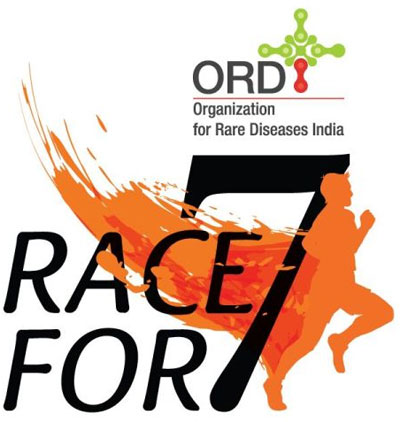- Prasanna Shirol used his experience accompanying his daughter for lengthy medical treatments to help establish rare disease centres in hospitals across India
- Like many rare disease advocates, he wants a national policy for rare diseases to fund genetic counselling for high-risk parents, treatment and supportive care
Making a hospital visit fun for an eight-year-old is not easy, but Prasanna Shirol and his wife Sharada know a thing or two about it – after all, they did it multiple times for their daughter, Nidhi, who required enzyme-replacement therapy that involved an infusion of drugs lasting 10 to 12 hours every fortnight.
“We never planned day trips to hospitals, we planned dinner nights,” Shirol says.
The therapy was a tedious process, but the thought of her post-treatment dinner would keep Nidhi’s spirits high. On good days, when the nurse found a vein after only a few attempts, she would message her “win” to her father: “Papa, it did not take eight pricks this time.”
“Motivating a child for never-ending, long and dreary hospital visits is a task,” Shirol says. “It took Sharada and I a long time to get Nidhi used to it.”
In 2007, when she was seven years old, Nidhi was diagnosed with Pompe, an inherited genetic metabolic disorder that affects 1 in 40,000 people. Her hospital treatments kept her metabolism functioning almost normally and afforded her a good quality of life for 10 years. In 2017, when she was 17, Nidhi fell into a coma after her ventilator failed while she was attending a college event.
Given his experience with his daughter’s illness, Shirol has helped establish rare disease centres in public and private hospitals in India. The first Rare Diseases Care Coordination Centre (RDCCC) in a public hospital opened in 2017 at the Indira Gandhi Institute of Child Health (IGICH), a tertiary care facility in Bangalore.



